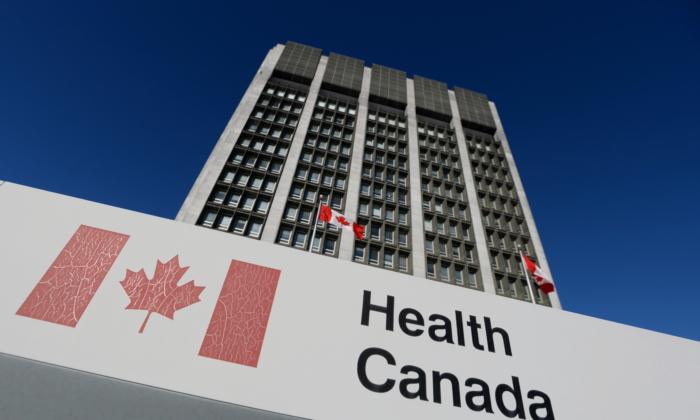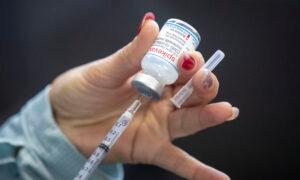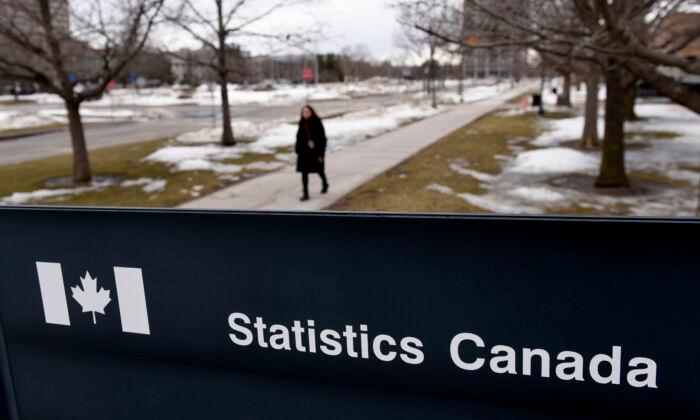Canada’s Vaccine Injury Support Program (VISP) has surpassed $11.2 million in payouts, according to updated bi-annual records.
VISP’s stated purpose is to ensure that all Canadians who have experienced “a serious and permanent injury” as a result of receiving a Health Canada-authorized vaccine administered in Canada on or after Dec. 8, 2020, have “fair and timely access to financial support.” VISP applies to all individuals vaccinated in Canada, except for those vaccinated in Quebec who receive coverage from the province’s long-standing program.
Management of the VISP program was contracted out to Raymond Chabot Grant Thornton Consulting, a firm that also manages a $21.6 million Memorial Grant Program that pays families of police, firefighters, and paramedics who die as a result of service.
According to statistics from the Public Health Agency of Canada (PHAC), which was last updated on Sept. 15, 2023, there have been 57,436 total adverse events of special interest (AESI) following COVID vaccination, with 11,231 being labelled as “serious” and 46,205 being labelled as “non-serious.”
The Canadian government said the only two safety signals related to the COVID-19 vaccines that have been confirmed are Thrombosis with thrombocytopenia syndrome (TTS) and myocarditis/pericarditis, which were reported in Canada during the outset of the COVID vaccination campaign and detected internationally.
Underreporting of Vaccine Injuries
PHAC has funded work by the Canadian Immunization Research Network on its Canadian National Vaccine Safety (CANVAS) network to monitor AEFI by collecting survey data. An Epoch Times analysis of data collected by CANVAS showed that for 1,173,748 COVID-19 vaccine doses administered and surveyed, there were 3,276 reported “serious health events” that required emergency department visits or hospitalization.Back in July 2023, Dr. Celia Lourenco, acting associate assistant deputy minister with Health Canada, also said the agency expected there to be “a lot of underreporting” of COVID-19 vaccine injuries.
Department spokesperson Nicholas Janveau said underreporting of vaccine injuries happens in both voluntary and mandatory reporting systems, and that it is typical for milder events to be underreported in the absence of heightened public awareness and media reporting.







